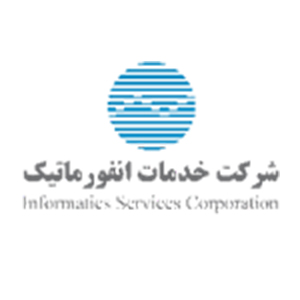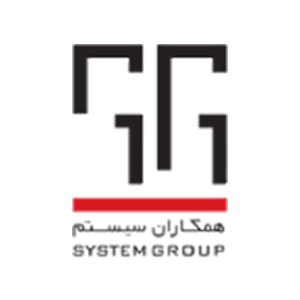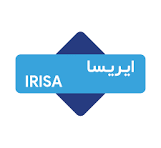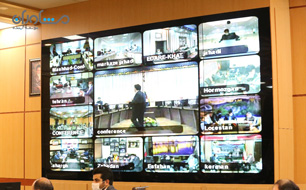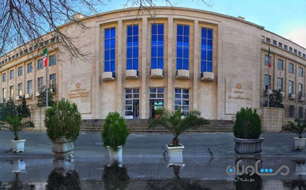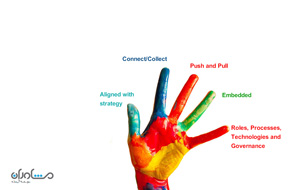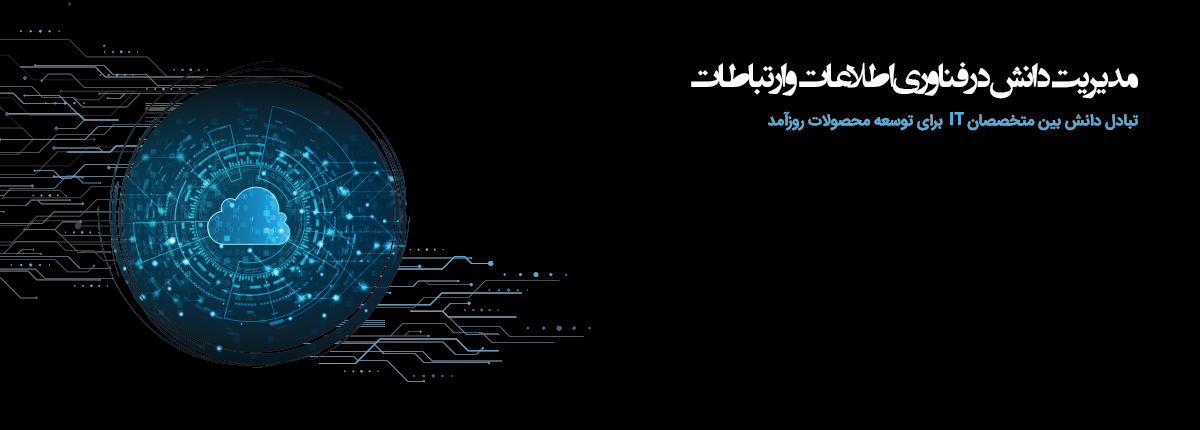
ICT
The ICT industry is dependent on a wide range of resources and makes the most of tacit knowledge. Therefore, ensuring the acquisition, protection, and use of mass knowledge and extensive resources in this industry is very important. Knowledge management (KM) ensures effective sharing and use of accumulated knowledge and that knowledge flows throughout the company. Until now, ICT companies considered knowledge management as a market, but recently, large companies in this field have begun to use KM initiatives and actions in their organizations, emphasizing its organizational and cultural aspects rather than implementing knowledge management technology.
Knowledge management in the IT industry In ICT companies
knowledge Management platforms are an effective way to acquire knowledge in various fields. By acquiring and sharing knowledge, knowledge management software improves collaboration and coordination and increases delivery speed and accuracy in software implementation. High employee turnover has always been one of the challenges in this industry, and knowledge management can be the answer to this and lead to improved decision making, preserving corporate memory, and increasing innovation.The following should be observed to increase the effectiveness and efficiency and achieve the desired results of knowledge management software and solutions in the information and communication technology industry:
• Knowledge should not be limited to information and data.
• Knowledge must be available to people at the right time.
• Knowledge must be updated continuously.
• Knowledge should be in support of the learning organization.

Intel Knowledge Management
Intel Corporation was founded in 1969 by Robert Nevis and Gordon Moore. The company's primary focus is on producing computer motherboards, computer processors, and network and communication products. Different models of knowledge management maturity (KMMM) have been proposed to describe the organization's development of knowledge management strategies. The CMM model, as one of the most widely used models, focuses on standardizing the software production process and provides a standard for assessing the maturity of software organizations and many companies, including Siemens, Infosys, and Intel in the IT industry, use this model and it is an assessment tool for them to evaluate their KM software.
Intel KMMM, based on the CMM model and based on two types of perceptual and infrastructure assessments, examines the maturity of knowledge management based on these levels:
• Lack of knowledge management in the organization (Lack of knowledge management)
• Possible
• Encouraged
• Activated and implemented in the organization (Enabled / Practiced)
• Managed
• Continuously Improved
Intel KMMM, based on the CMM model and based on two types of perceptual and infrastructure assessments, examines the maturity of knowledge management based on these levels:
• Lack of knowledge management in the organization (Lack of knowledge management)
• Possible
• Encouraged
• Activated and implemented in the organization (Enabled / Practiced)
• Managed
• Continuously Improved
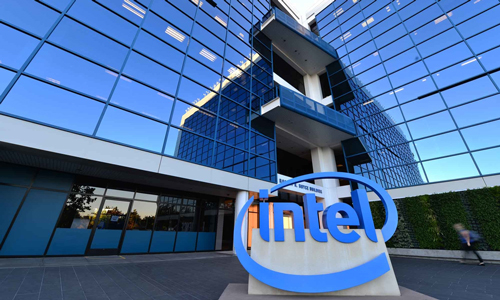


MTA and best practices in the IT industry
Many ICT organization has utilized MTAShare in their companies to facilitate their knowledge cycle. Large companies like Iran Communication Infrastructure company, Group system, Informatic Services, and AsiaTec are great examples with brilliant impacts in their processes. here are some of those impacts:Time-Saving: MTAShare would reduce significantly the knowledge acquisition time. Users can find relevant best practices, answers, and experts for their questions efficiently. It saves up to 15% of working hours for each user monthly. ( Based on the last MTAShare usage report in some Iranian organizations). Consequently, only time-saving, gains up to $400 monthly and $4800 annually per user in teams and organizations.
Soar in Collaboration: MTAShare enhances collaboration in teams. CoPs provide an aggregate place to transfer working challenges and resolve them. In some cases of MTAShare clients, different indices for collaboration improved up to 20%.
Financial Return: Several MTAShare clients reported financial returns via reusing teams' experiences that had rarely accrued in absence of this platform.

